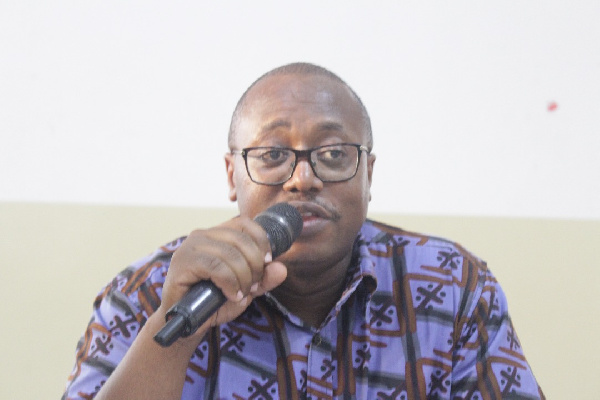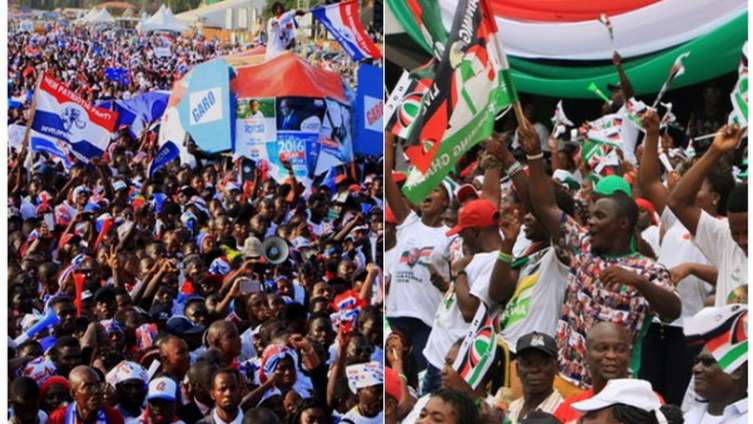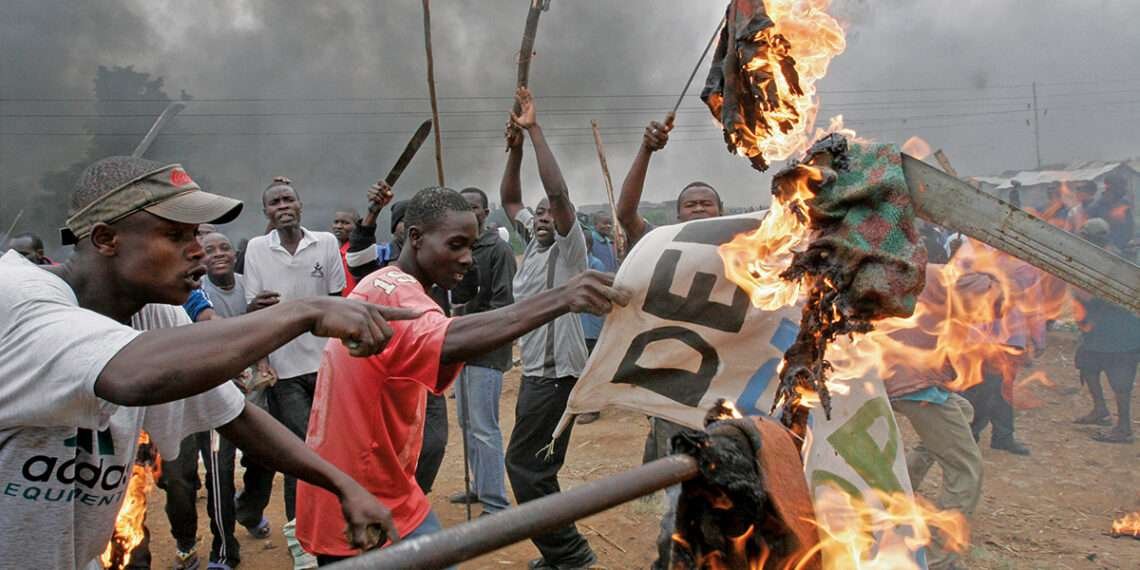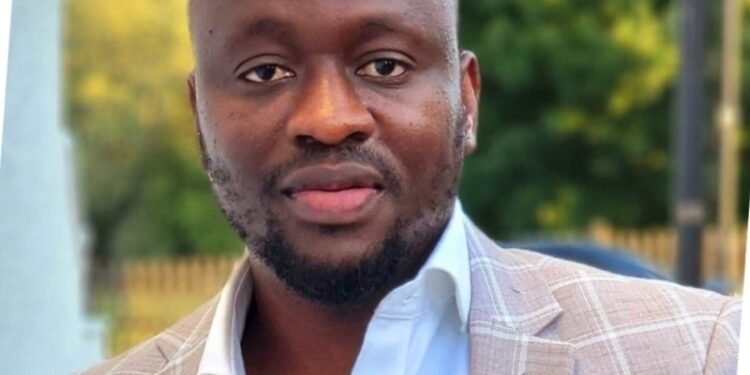Rising concerns about political violence in Ghana have grown following the violent incidents reported during the Ablekuma North parliamentary rerun. These developments have led experts to urge immediate accountability and structural reforms to tackle the issue.
Dr. Kojo Pumpuni Asante, Director of Advocacy and Policy Engagement at CDD-Ghana, described the situation as a clear indication of a serious underlying problem. He stressed that addressing this challenge must begin with holding individuals accountable for their actions.
Dr. Asante warned that the situation becomes especially dangerous when individuals believe they can physically attack fellow citizens without facing consequences simply because they are acting under the protection of political parties.
To him, the first step toward reversing this trend is to ensure clear accountability. He pointed out that the existence of clear video footage showing the faces of those involved from different angles should make it possible for law enforcement to quickly identify and arrest the perpetrators wherever they may be.
“The second point is really the reaction from the political parties themselves. I mean, having experienced all these for over 30 years now. Since the Fourth Republic, by-election violence has produced so many victims. People have died, people have been maimed.
“We’ve had an opportunity to do a study across the country, looking at vigilantism, and the pain that it leaves behind when these things are done, to think that people have still not learned.”
Dr. Kojo Pumpuni Asante
Dr. Asante strongly criticized the new generation of political actors who continue to fuel what he described as a deeply harmful culture of political violence.
He expressed concern that these young politicians often attempt to justify their actions by claiming that their victims somehow deserved the treatment they received.

He noted that in some cases, they even advocate for mobilizing their vigilante groups to confront and overpower rival factions.
According to Dr. Asante, such attitudes reflect a worrying trend where political competition is increasingly viewed through the lens of force and intimidation rather than dialogue and democratic engagement.
He stressed that this approach not only endangers individuals but also undermines the very foundations of Ghana’s political stability and governance.
To him, political parties should serve as platforms for advancing the collective interests of citizens—not as organizations that normalize or encourage violence as a political strategy.
Ghana Political Parties Urged To End Violence
Dr. Kojo Asante went on to challenge the fundamental role of political parties in Ghana, raising concerns about whether they have drifted from their intended purpose.
He questioned whether these parties now function more like criminal organizations or gangs, rather than institutions dedicated to representing the public’s interests.

He urged party leaders to critically examine their behavior and decisions, highlighting his disappointment with what he described as a persistent failure to learn from past incidents of violence and unrest.
Turning to law enforcement, Dr. Asante expressed alarm at recent incidents where police officers “literally just look on when this is happening,” as citizens were beaten and harmed.
He questioned whether the police had abandoned their independence and role, asking, “So is the police telling us that they can’t be independent, they cannot do their job?”
“Already, people say, the police are not capable, we should bring the army and all of that. What message do they send when they do the things that they are doing? So there has to be a bigger inquiry into this.”
Dr. Kojo Pumpuni Asante

To address the situation, Dr. Asante called for a thorough investigation by the Police Council, which oversees the IGP and advises the president. He argued that this inquiry is essential because “It happened in the 2024 elections, in the transition. We are seeing it again.”
He cautioned that if effective measures are not taken promptly, Ghana could face escalating dangers, as citizens losing faith in police protection during elections would inevitably push the country toward widespread instability and potential national chaos.
Dr. Asante’s final warning underscored the urgency of addressing political violence: “We are just one election away from complete instability.”
READ ALSO: BoG Blows $1.4 Billion in Forex in Just Three Months—IMF Raises Red Flags























